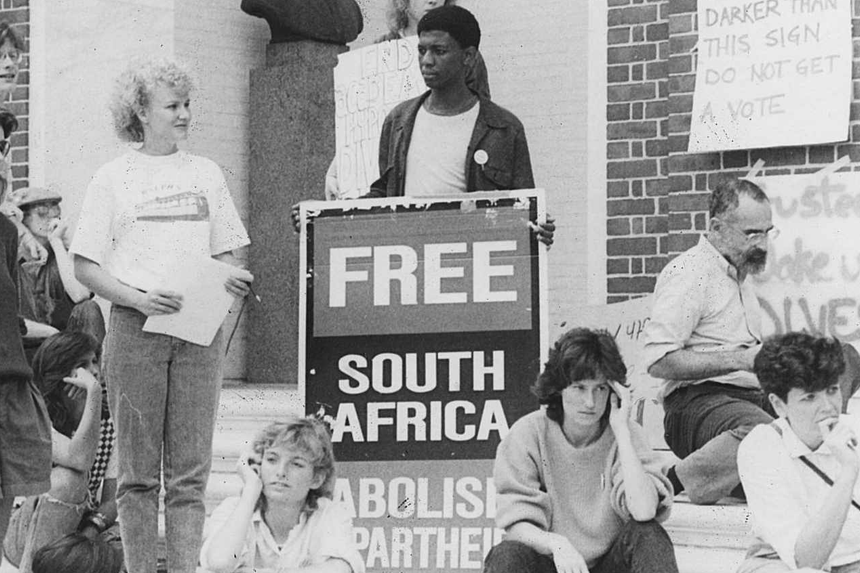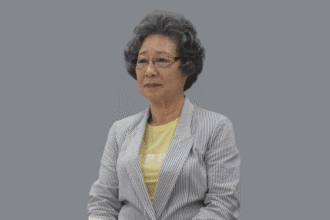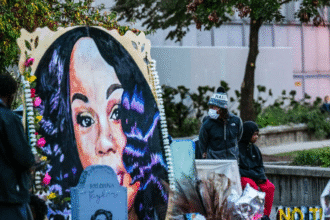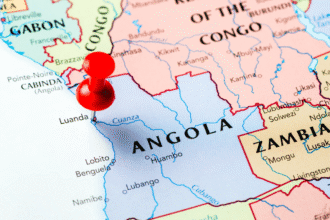On December 10, 1987, late at night, prison officials awakened Mzolisi Dyasi in his cell in the Eastern Cape region of South Africa. On a rocky road to a hospital morgue, they accompanied him and asked him to name the bodies of his cousin, pregnant girlfriend, and fellow anti-apartheid activist. This event signaled the start of his agonizing path toward apartheid restitution and justice.
- How has Dyasi negotiated the trauma of Apartheid?
- Has the government kept its word to the victims of Apartheid?
- Why Still Not Used is the Reparations Fund?
- Are the victims of Apartheid being betrayed?
- How have victims like Brian Mphahlele been affected by government inaction?
- Has South Africa come to terms with her past?
- What do veterans of Apartheid like Dyasi want today?
Grieving, he dropped to one knee, raised his fist in protest, and tried to yell, “Amandla!” (“Power” in Zulu). But the word caught in his mouth; he was, in his own words, “totally broken.” For decades, he would be plagued by the cold, brilliant lights illuminating the dead forms of his loved ones.
How has Dyasi negotiated the trauma of Apartheid?
Dyasi sleeps with the lights on even four decades later to prevent recollections of the physical and psychological trauma he endured during his four years in prison. Risking all for a free South Africa, he battled as an underground agent for uMkhonto we Sizwe, the armed wing of the then-banned African National Congress (ANC).
Still, he battled to create a solid life in the nation he helped free despite his sacrifices. Now in his 60s, he finds it challenging to purchase medication on the special pension he gets as a veteran of the war for freedom and democracy and suffers from chronic medical conditions. Like many others, he keeps waiting for sufficient apartheid compensation. Many former independence warriors who now live in poverty have made sacrifices for which the nation owes recognition.
Has the government kept its word to the victims of Apartheid?
The Truth and Reconciliation Commission (TRC) was created to expose the crimes carried out by the government when Apartheid ended in 1994. Although much of the money in a state reparations fund set aside to help victims remains unused.
Dyasi was one of roughly 17,000 recipients of a one-off payout of 30,000 rand ($3,900; £2,400 in 2003). Still, he claims the money did not enable him to reconstruct his life. “I wanted to finish my university education, but I still haven’t paid for the courses I took in 1997,” he says regretfully. The ineffective distribution of apartheid reparations has left thousands of people to struggle to survive.
Critics contend that a once-off gift was insufficient to offset decades of hardship. Many feel that programs for social reintegration, employment possibilities, and long-term financial support should have taken centre stage instead. Many apartheid survivors would have become trapped in poverty without these policies.
Why Still Not Used is the Reparations Fund?
Member of the Human Rights Commission for South Africa, Professor Tshepo Madlingozi, talks about the terrible consequences of Apartheid still. “It concerned more than just the murder of individuals or their disappearance. It was about forcing people into poverty spanning several generations,” he says.
Though there has been improvement over the past thirty years, many of the “born-free generation” born after 1994 have inherited the same cycle of fight. The reparations fund in the s about $110 million, and there is no obvious reason it stays mostly remaindered. “For what purpose is the money used? Is the money still here? Madningozi queries. Concerning the way apartheid reparations are handled, the lack of openness still raises questions.
Victims and activists often demand more responsibility for handling the reparations fund. Some have recommended that the funds be allocated to victims and their families for housing, education, and medical treatments. Others contend that assistance services for the psychological and emotional damage still experienced by many apartheid survivors should be funded.
Are the victims of Apartheid being betrayed?
Lawyer Howard Varney, who has spent much of his career defending victims of crimes during the apartheid era, sees the way reparations are handled as a “deep betrayal.” Currently defending families and survivors suing the government for $1.9 million for government neglect to investigate and punish political crimes exposed by the now-disbanded TRC.
Varney firmly believes that real justice cannot be attained without responsibility. “Many of the offenders of crimes related to apartheid never faced charges,” he says. “Though their suffering was never addressed, victims were urged to forgive.”
How have victims like Brian Mphahlele been affected by government inaction?
Former prisoner Brian Mphahlele of Cape Town’s infamous Pollsmoor Prison experienced memory loss following physical and psychological torture during his ten-year sentence.
Thinking back on the 30,000 and money he got for the infractions he went through, he described it as “an insult.” “It crawled through my fingers. It passed through everyone’s fingers; it was so little,” he recounted last year from his nephew’s Langa Township, Cape Town house.
Mphahlele had hoped for a larger payout so he might afford a house. Rather, he made three trips a week to a soup kitchen. He died before his living circumstances improved or any further pay arrived. His narrative is, among many others, showing the terrible results of the government’s neglect of its promises to apartheid survivors.
Has South Africa come to terms with her past?
Professor Madlingozi adds that Post-apartheid South Africa became the “poster child” of racial healing, inspiring the globe. He does caution that the nation might have unwittingly transmitted the incorrect message—that a crime against humanity can be carried out without repercussions.
Still, he thinks it’s not too late to veer off the path: “South Africa has an opportunity, 30 years into democracy, to show that you can make mistakes and fix them.”
There are increasing demands for the government to divide the remaining reparations money and handle other types of structural inequalities still ingrained from the apartheid era. Some activists argue that land redistribution, economic empowerment initiatives, and better access to healthcare and education should take the front stage alongside reparations.
What do veterans of Apartheid like Dyasi want today?
After the ANC and other liberation parties were unbanned and Dyasi was released from jail in 1990, he experienced great freedom and hope. Still, he suffers from disappointment nowadays. “We don’t want to be millionaires,” he says. But if the government could merely look at the healthcare of these people, if it could look after their livelihood, it could involve them in the country’s economic system.
He emphasizes the struggle of the people behind him: “Children left orphaned by the conflict were present. Though some kids wish to go to school, they still cannot. There are some homeless persons here.
Many people think that real reconciliation cannot be reached until those who sacrificed for the liberation of South Africa have the resources to live dignifiedly. Dyasi’s comments capture the annoyance of a generation that gives all for a cause yet waits for justice.
“And some would say, “You were shot at and imprisoned. But what exactly can you present for it?








